Gallery
Helpful Insights on HVAC Repairs, Costs, and Preventive Care
Gallery
Helpful Insights on HVAC Repairs, Costs, and Preventive Care
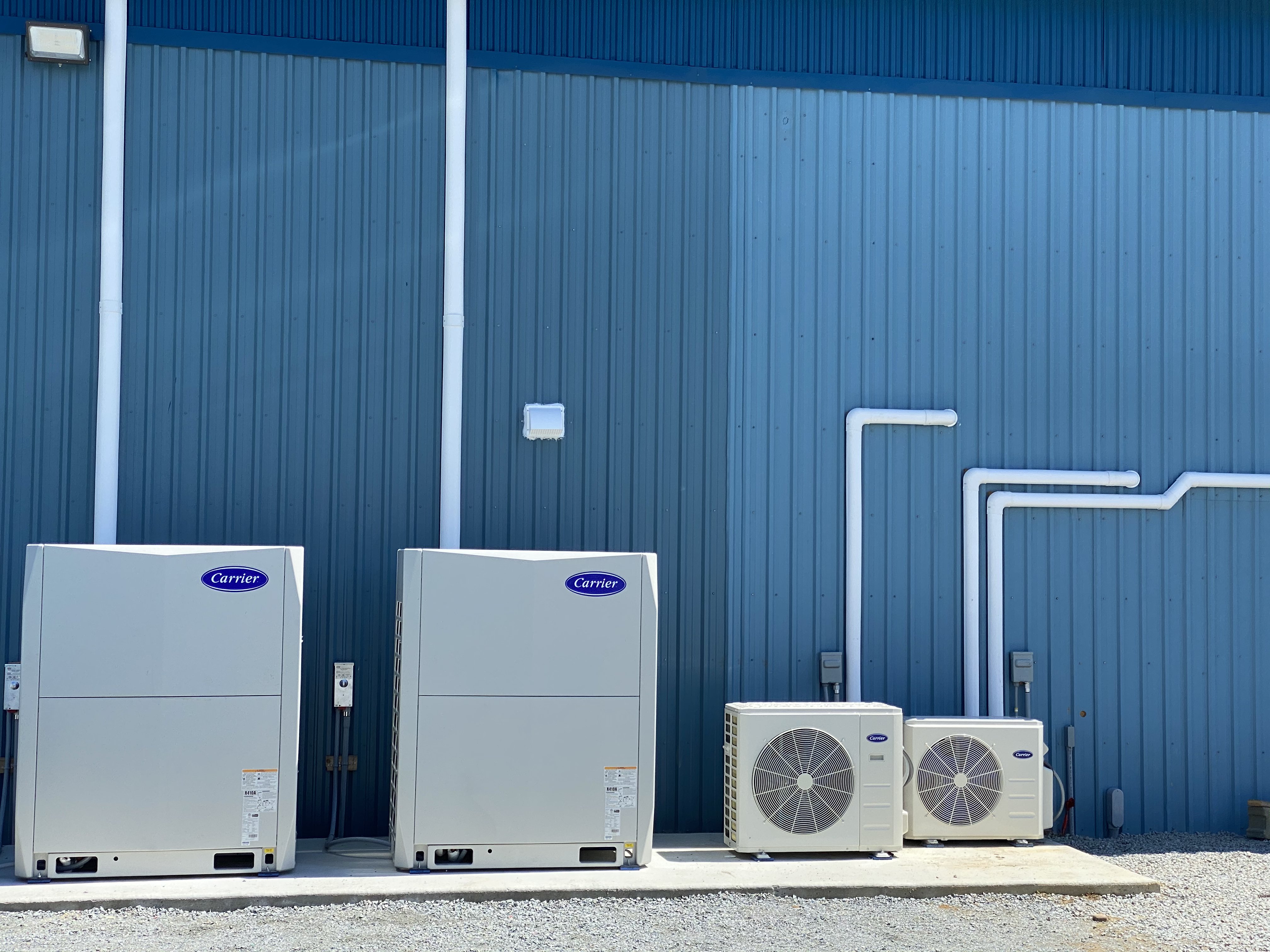
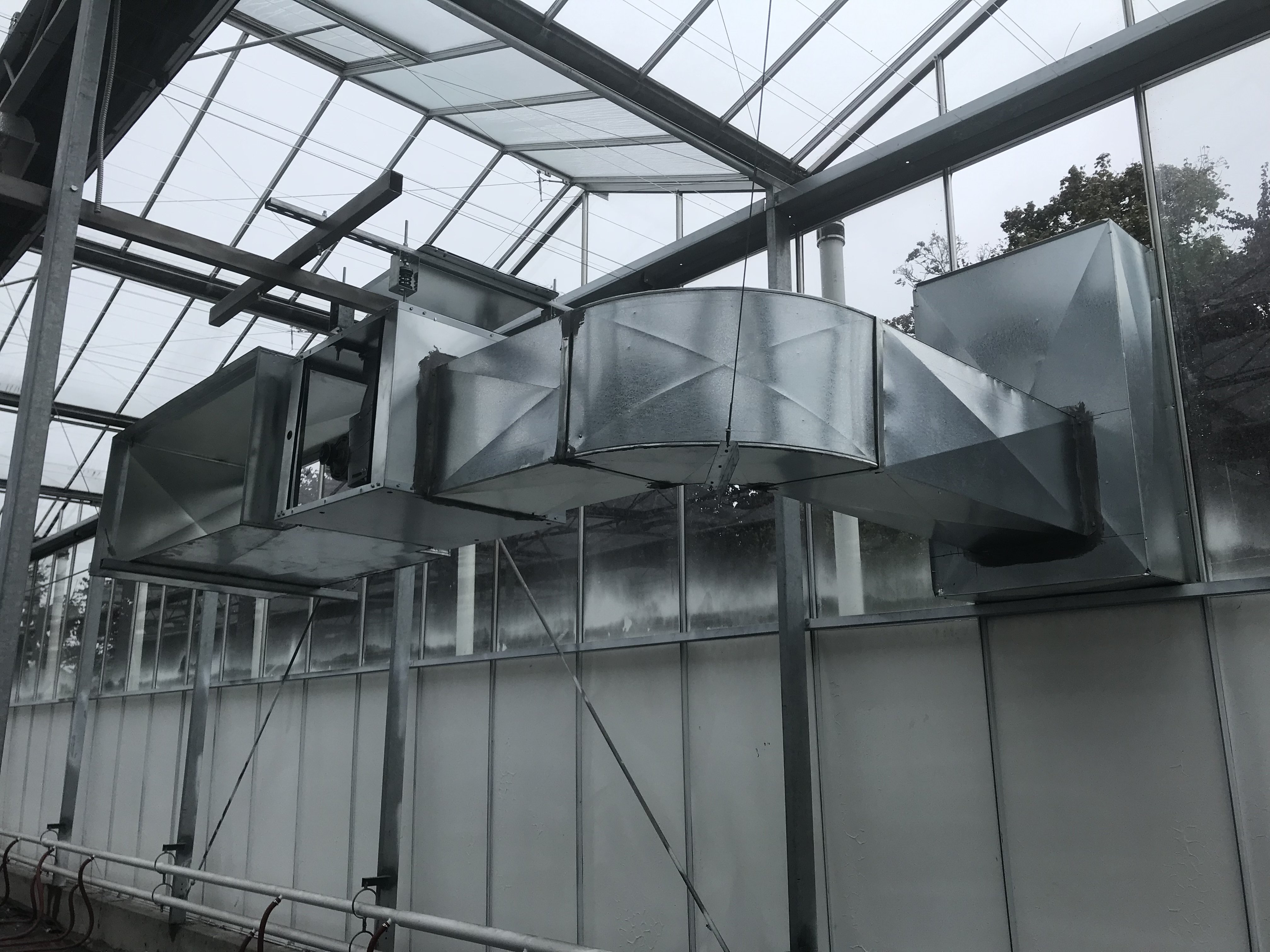
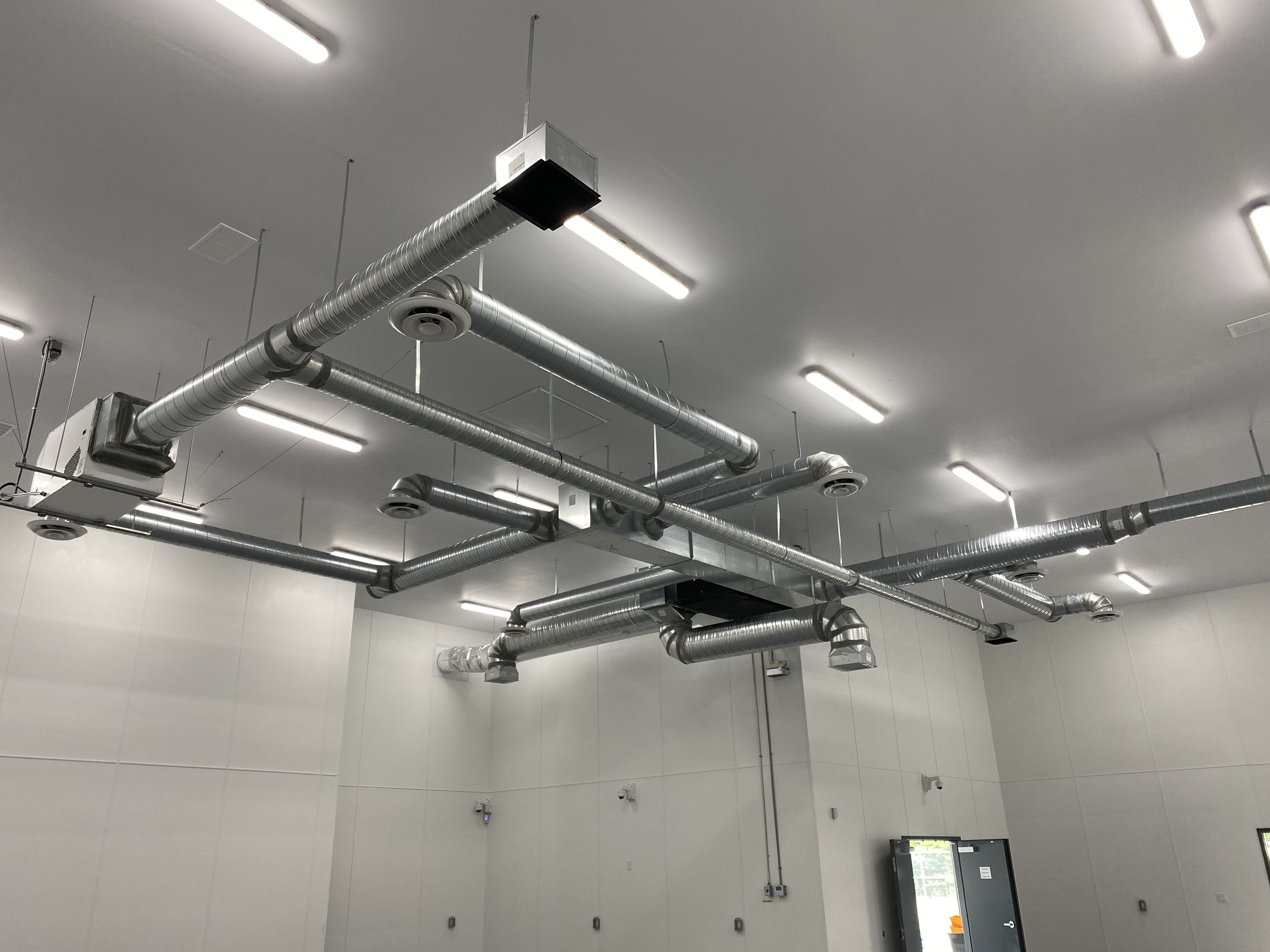
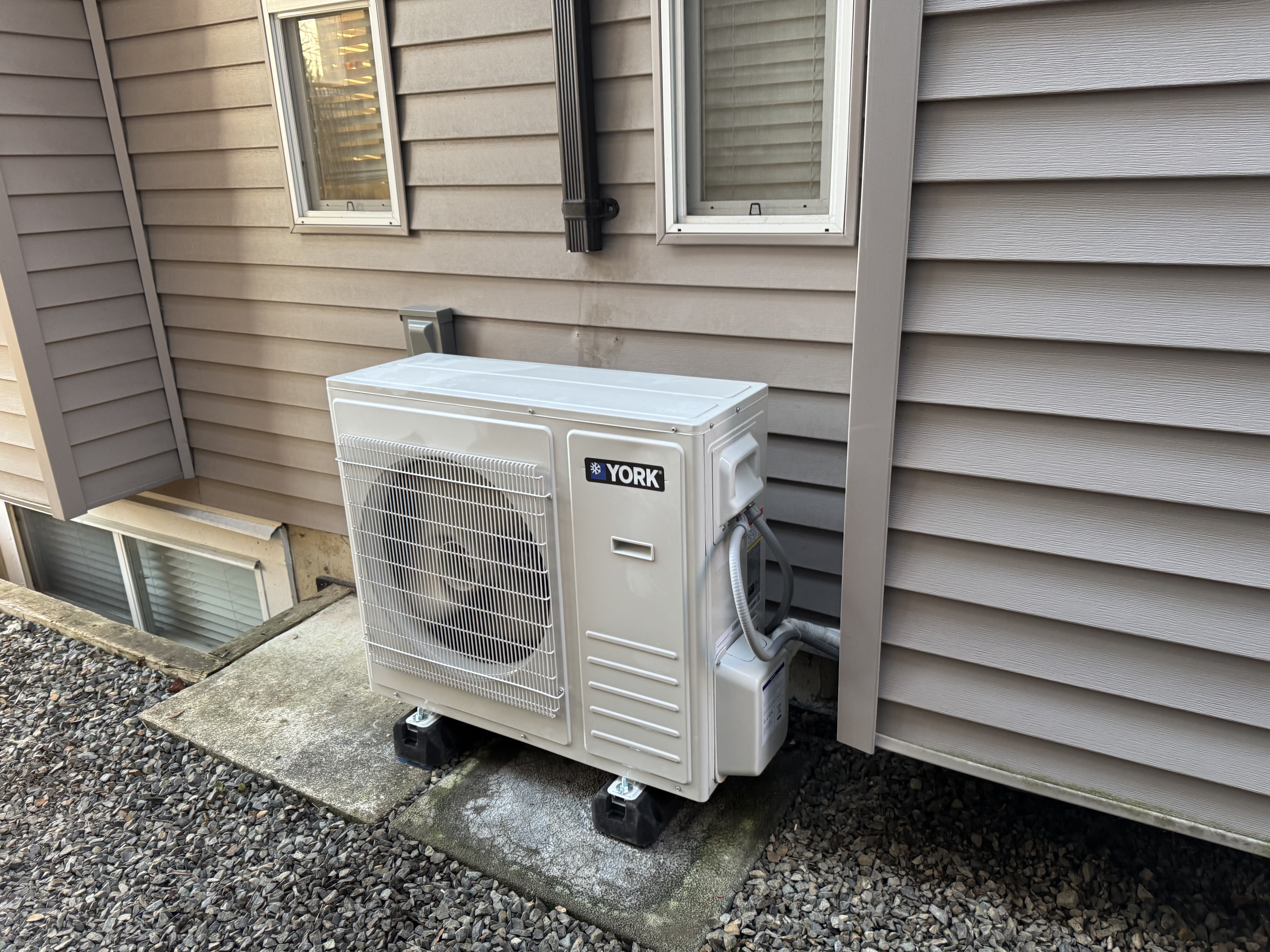
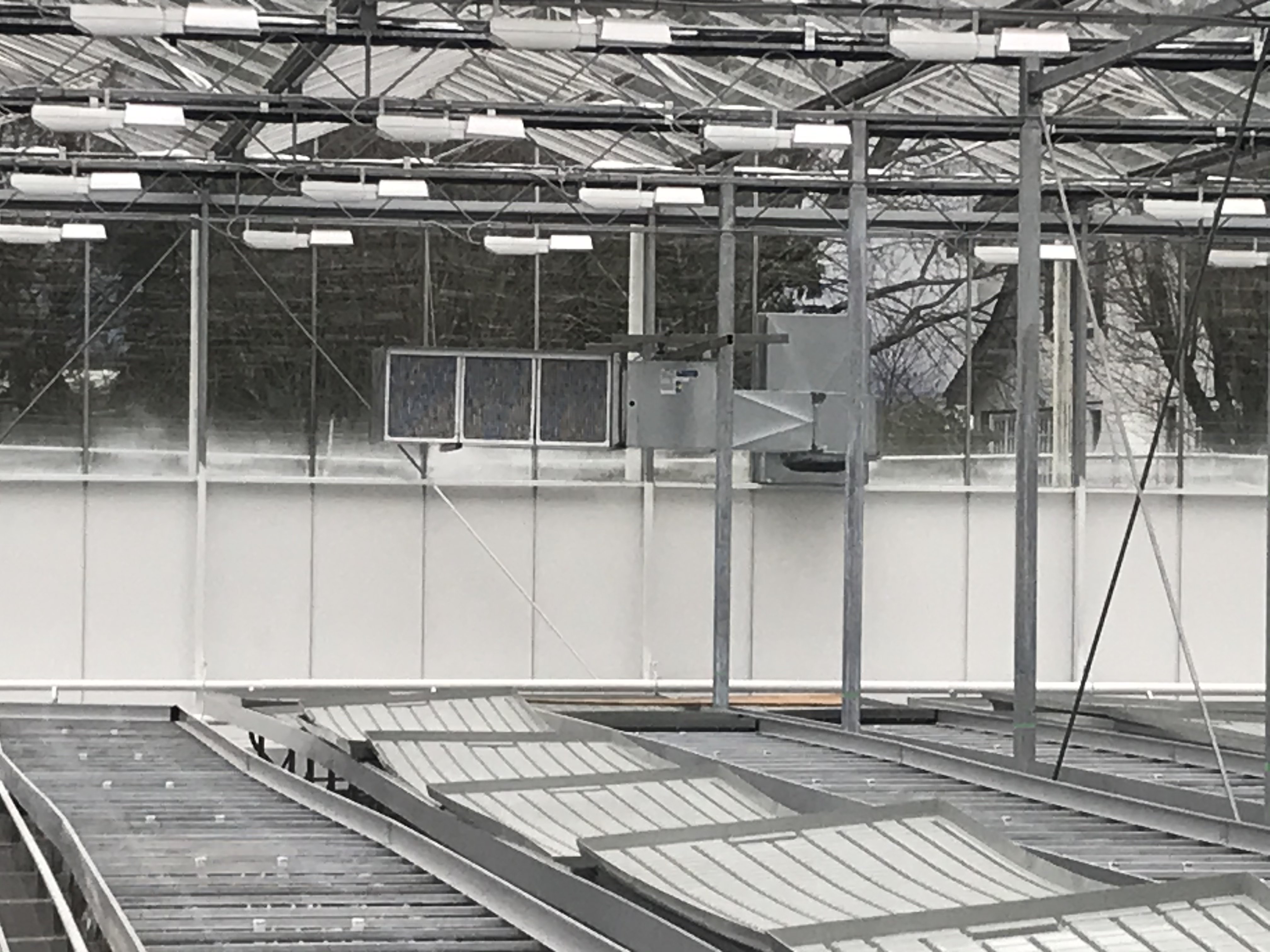
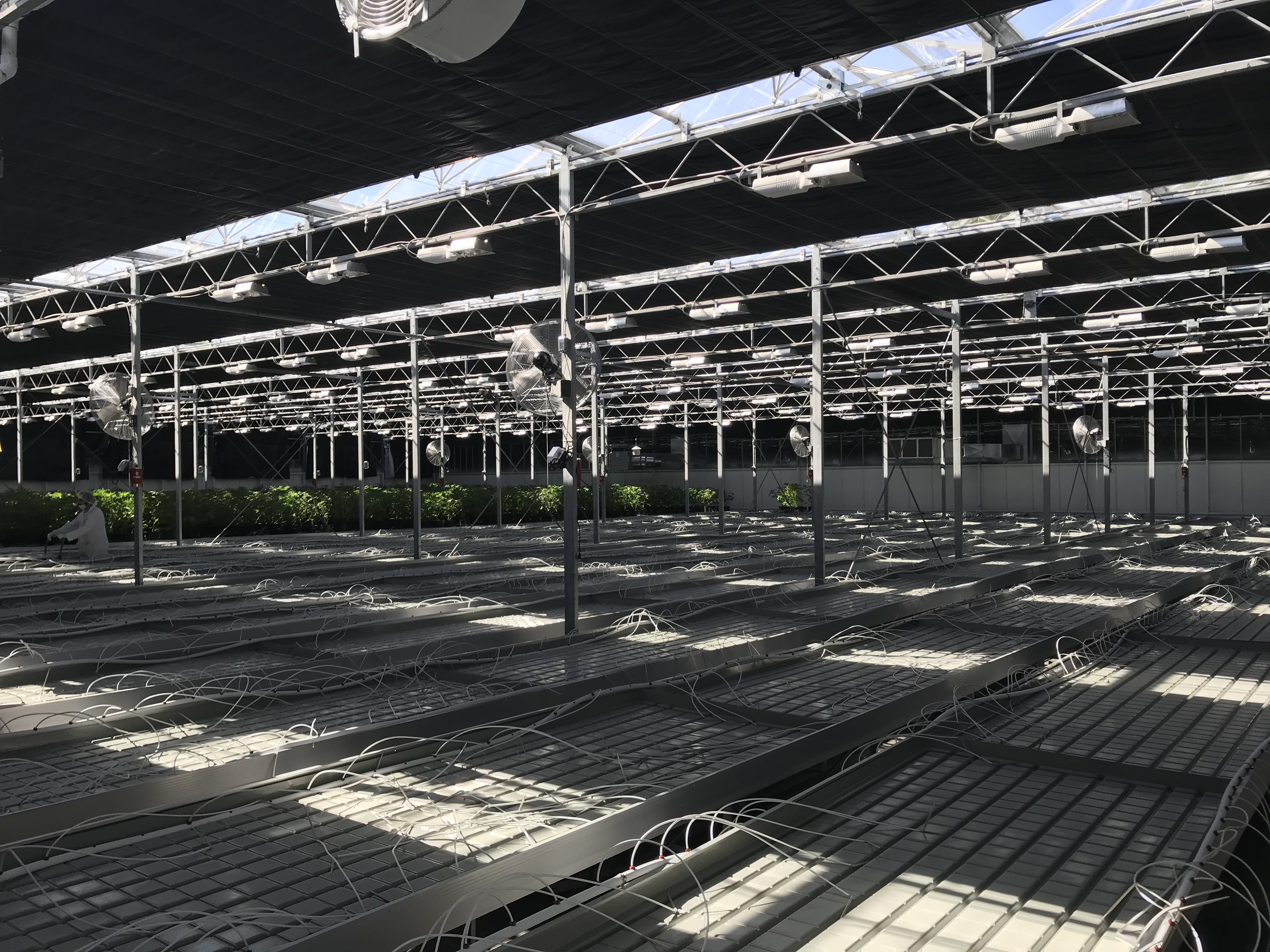
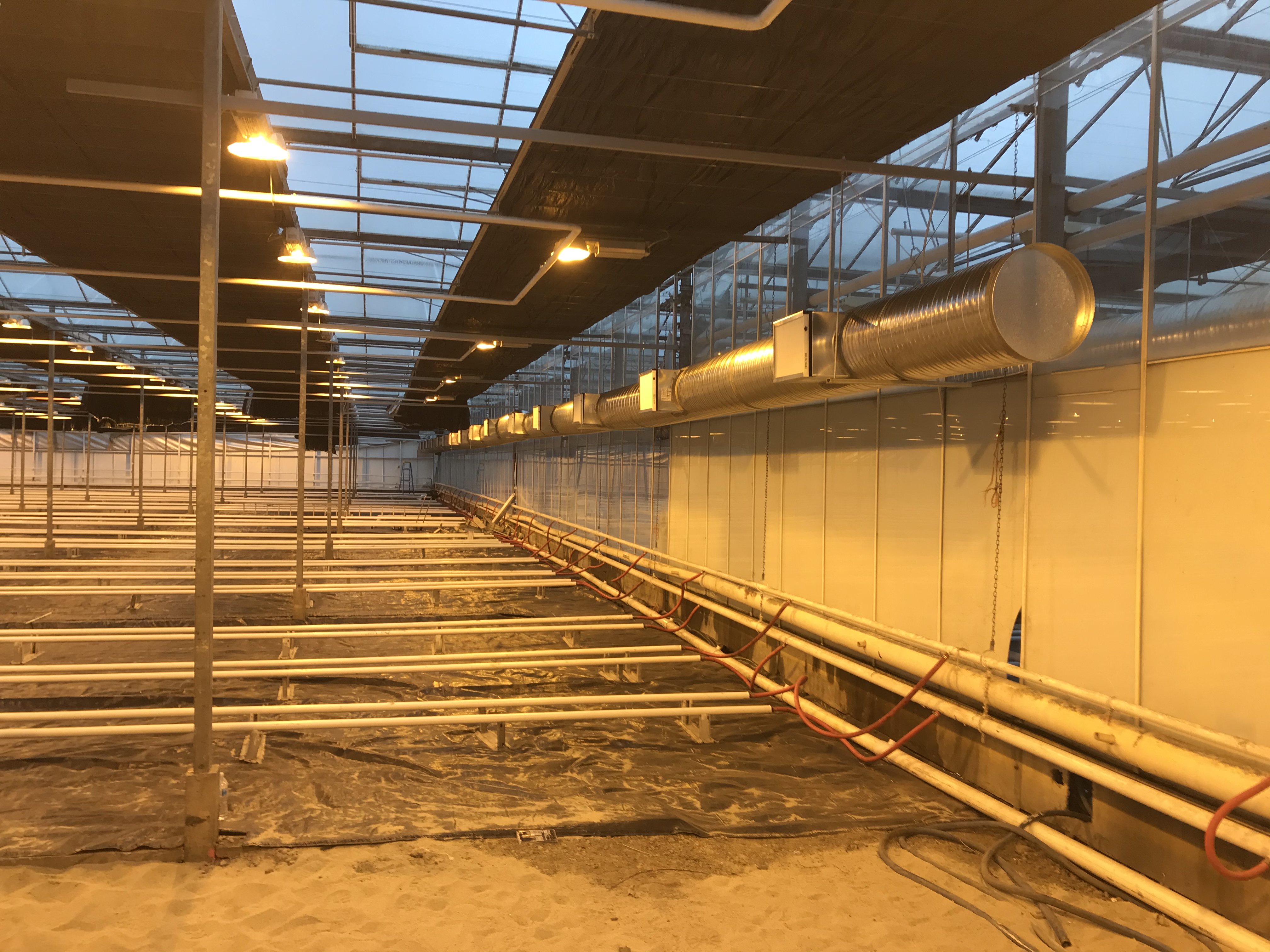
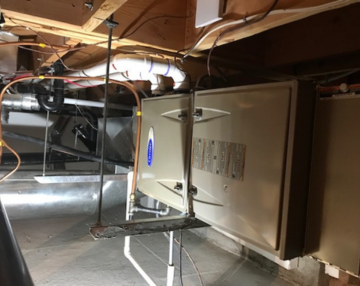
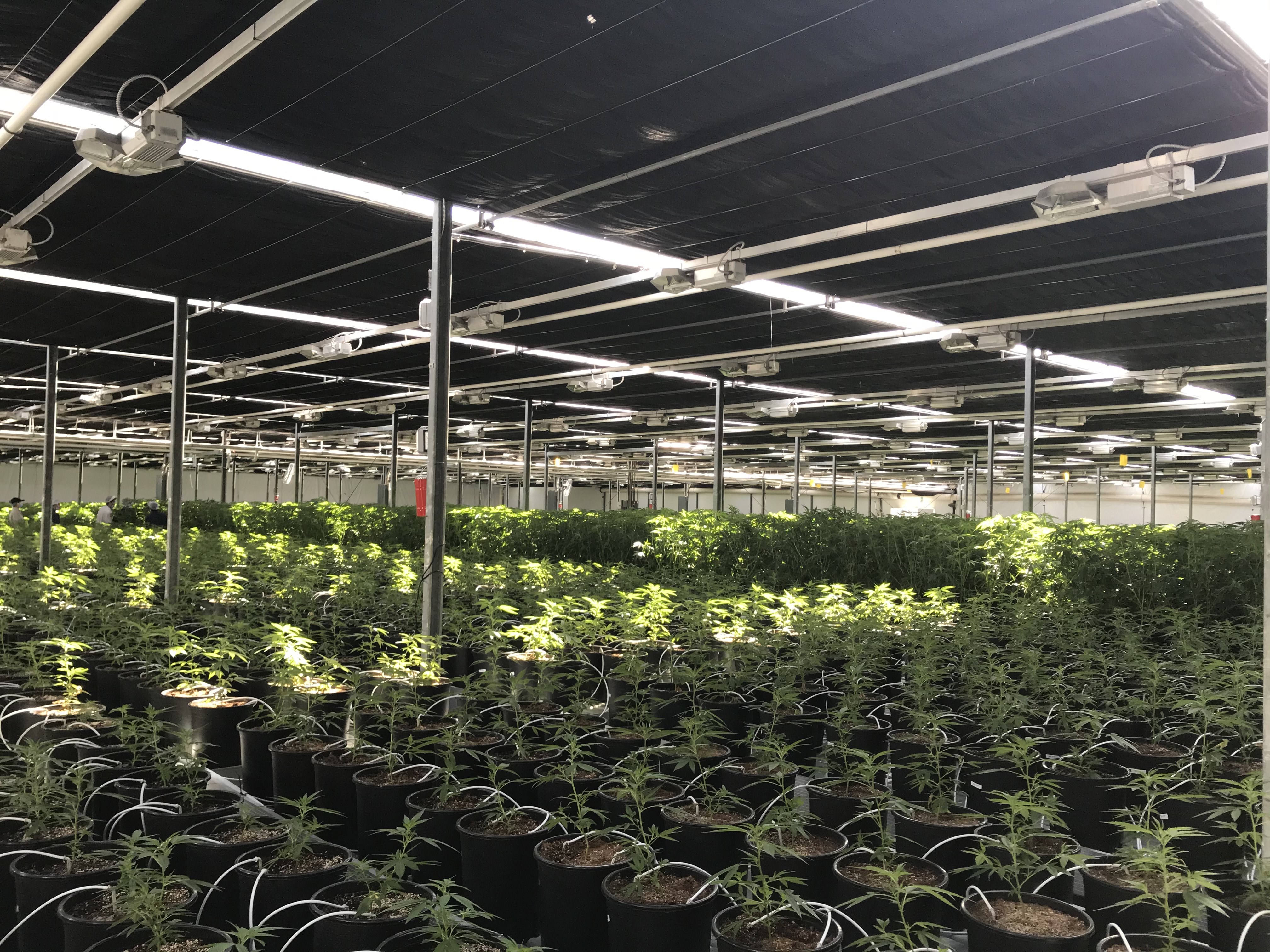
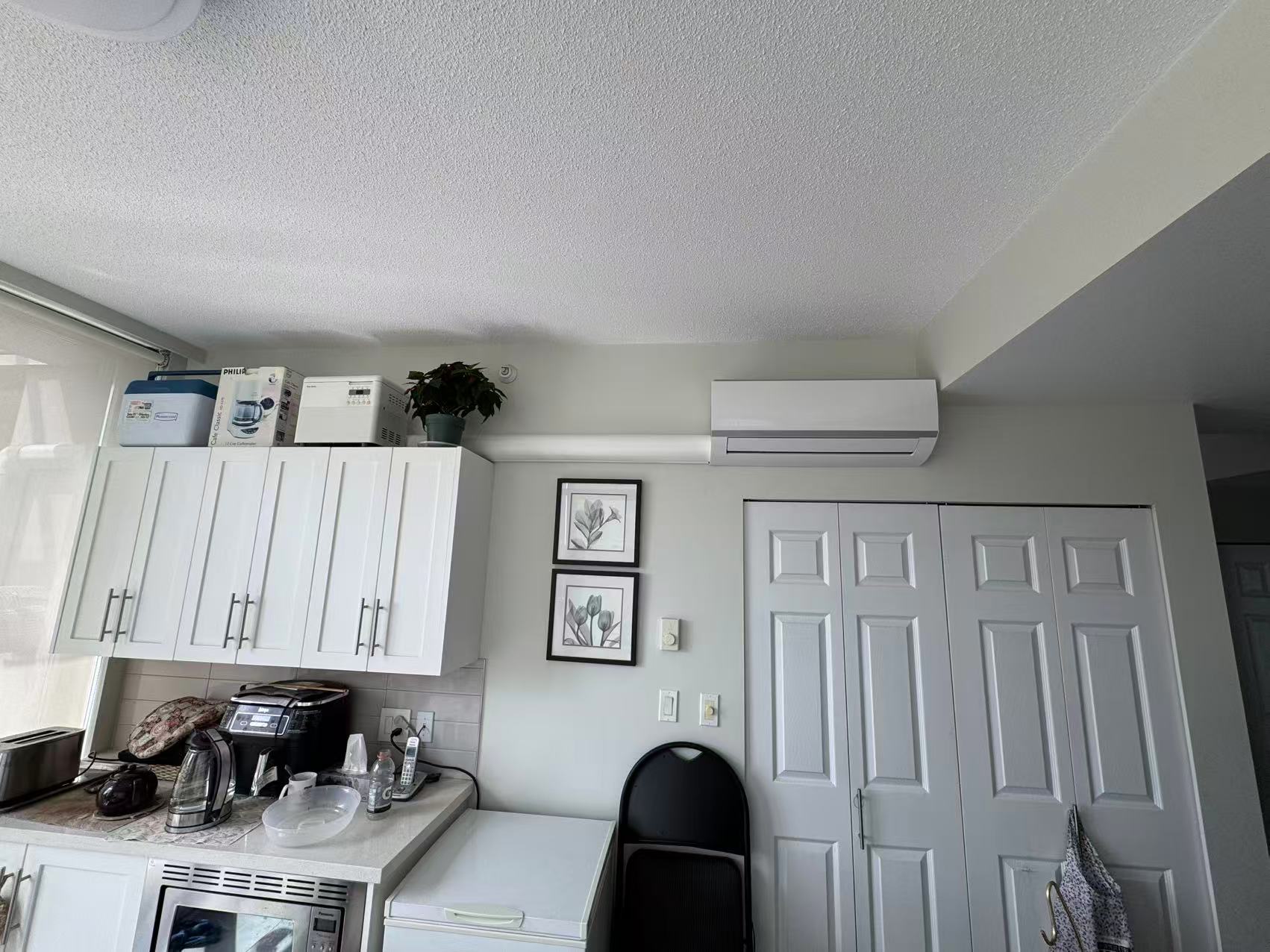
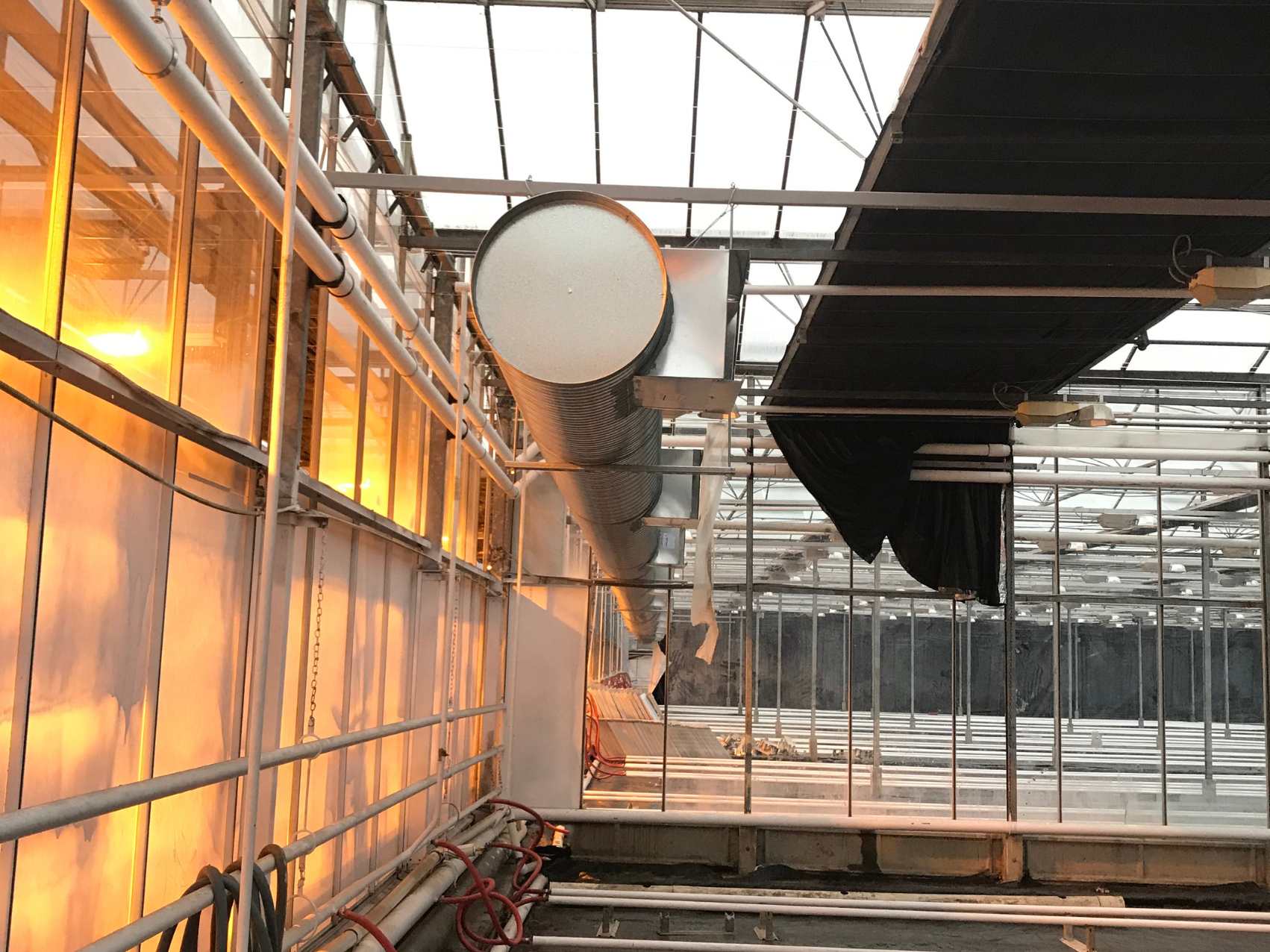
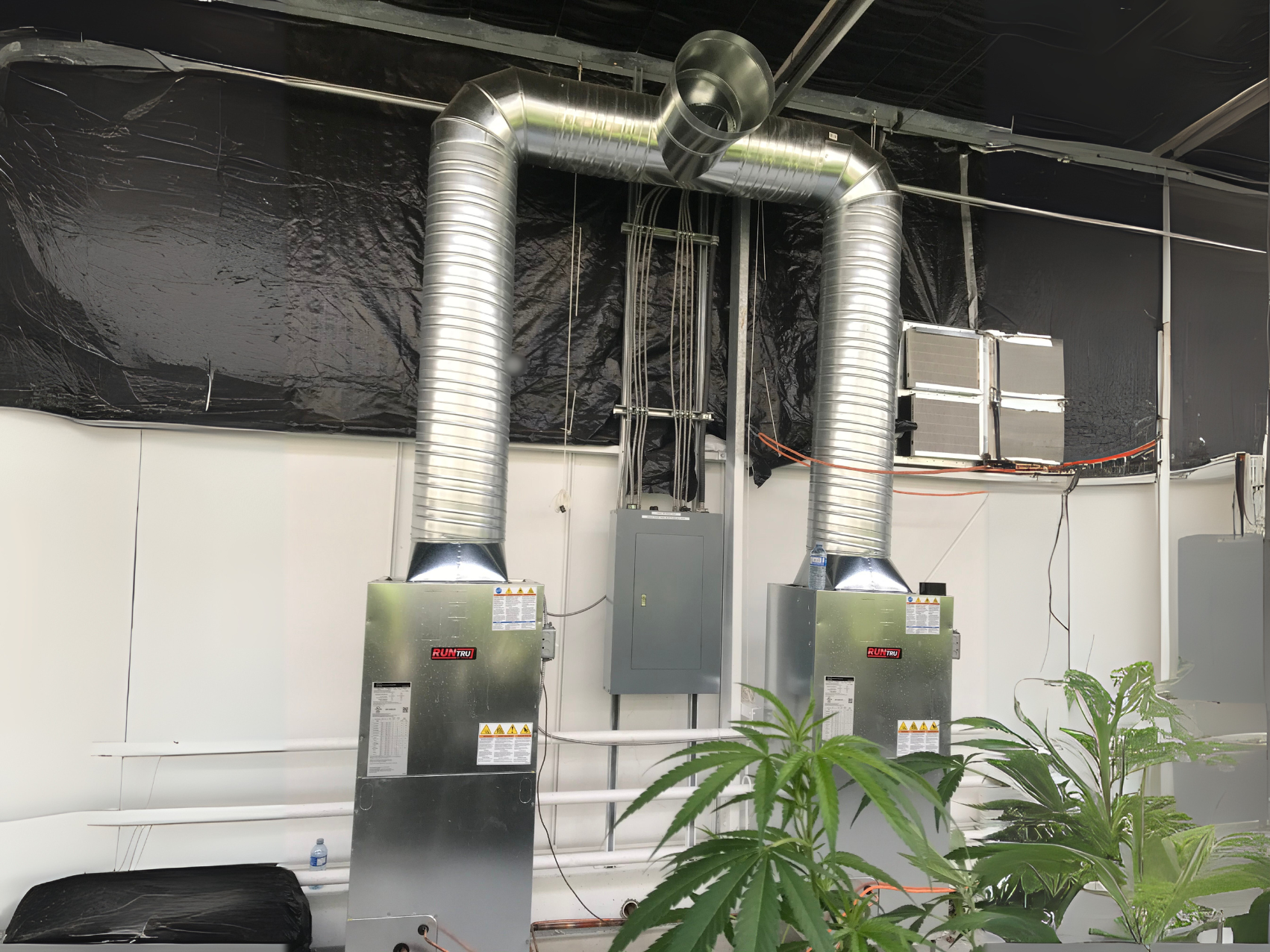
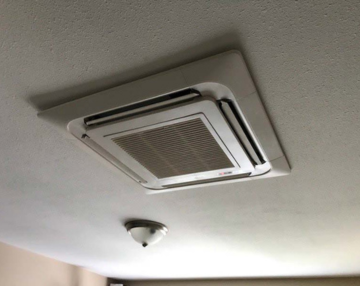
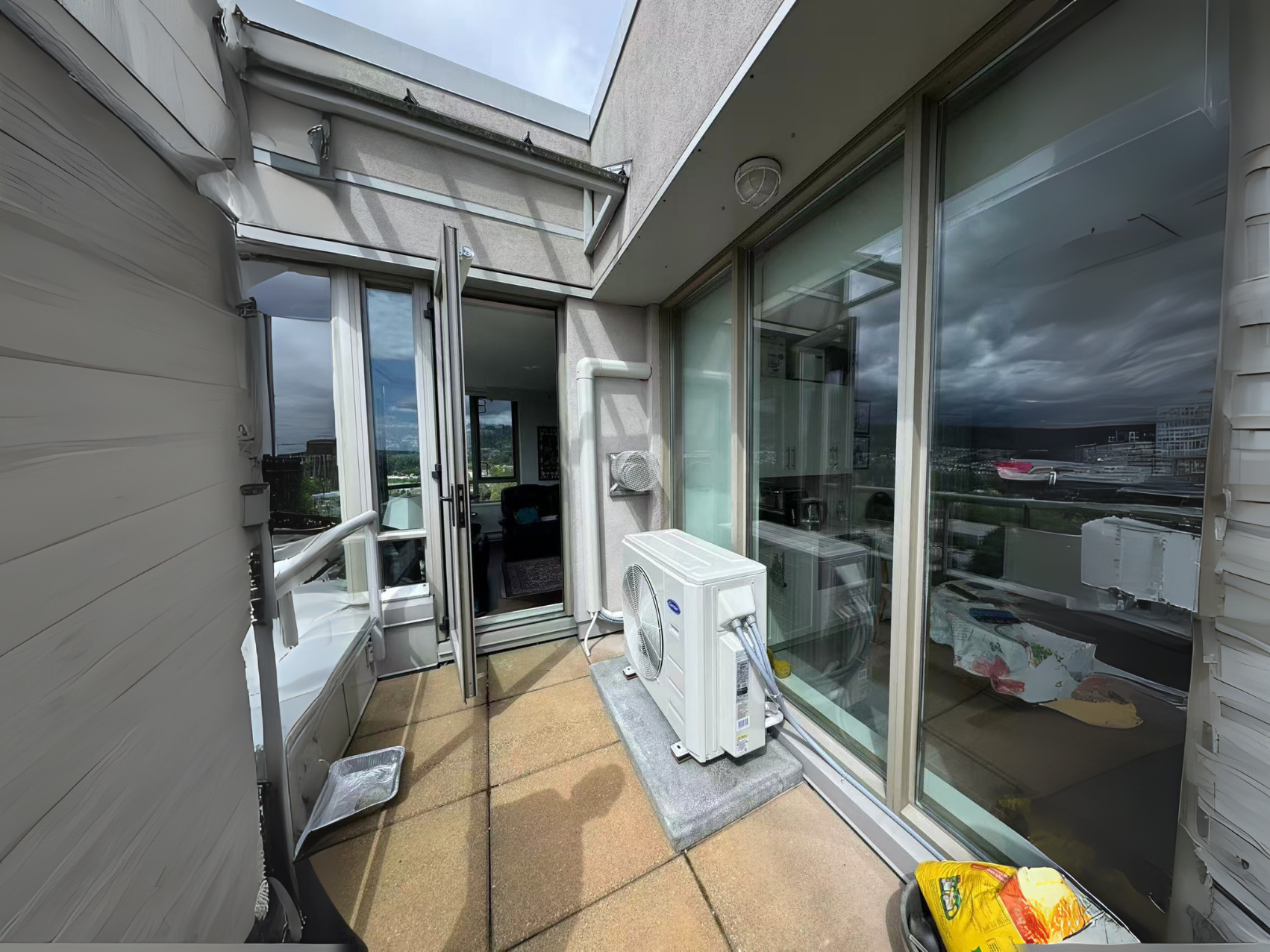
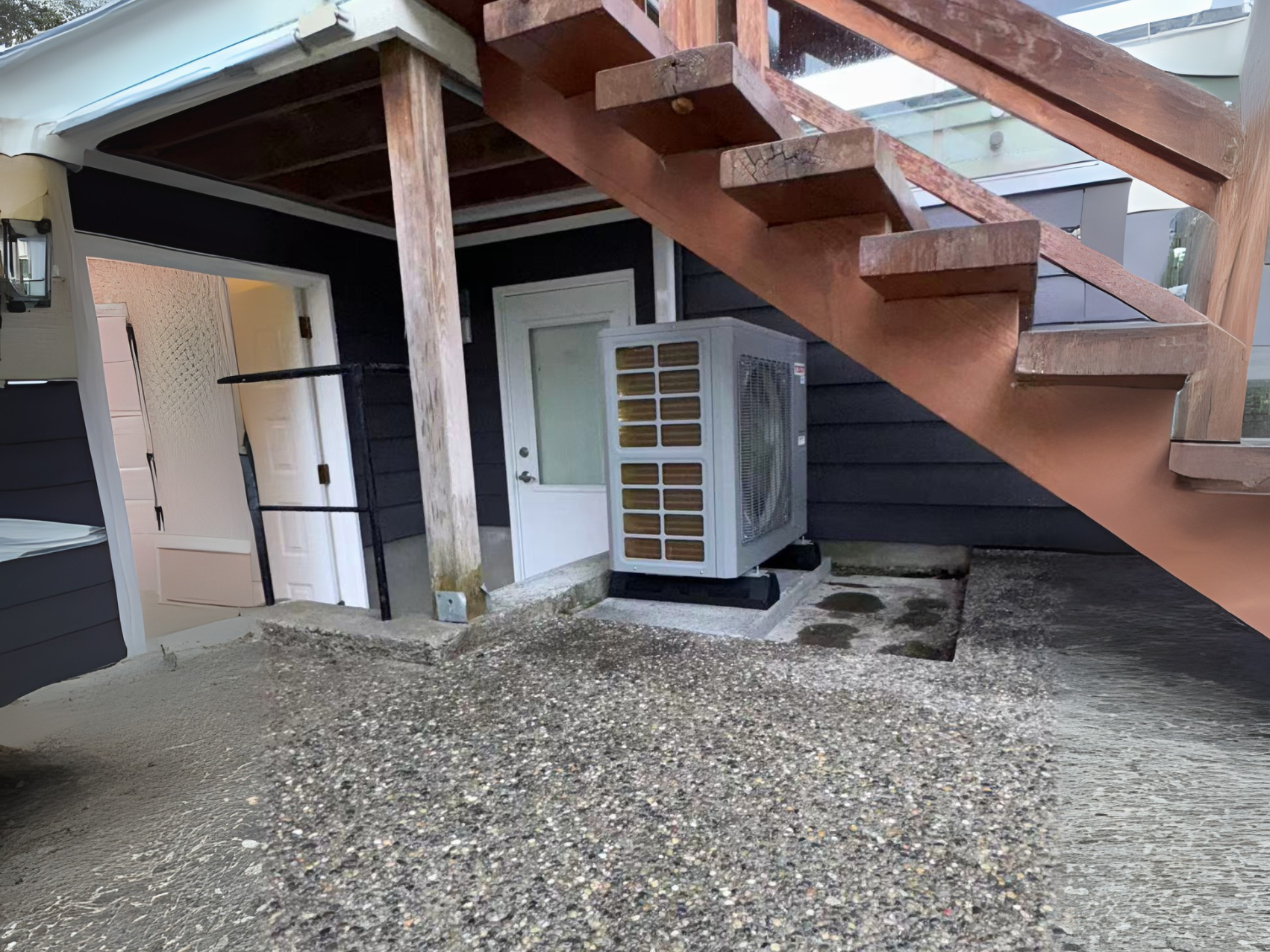
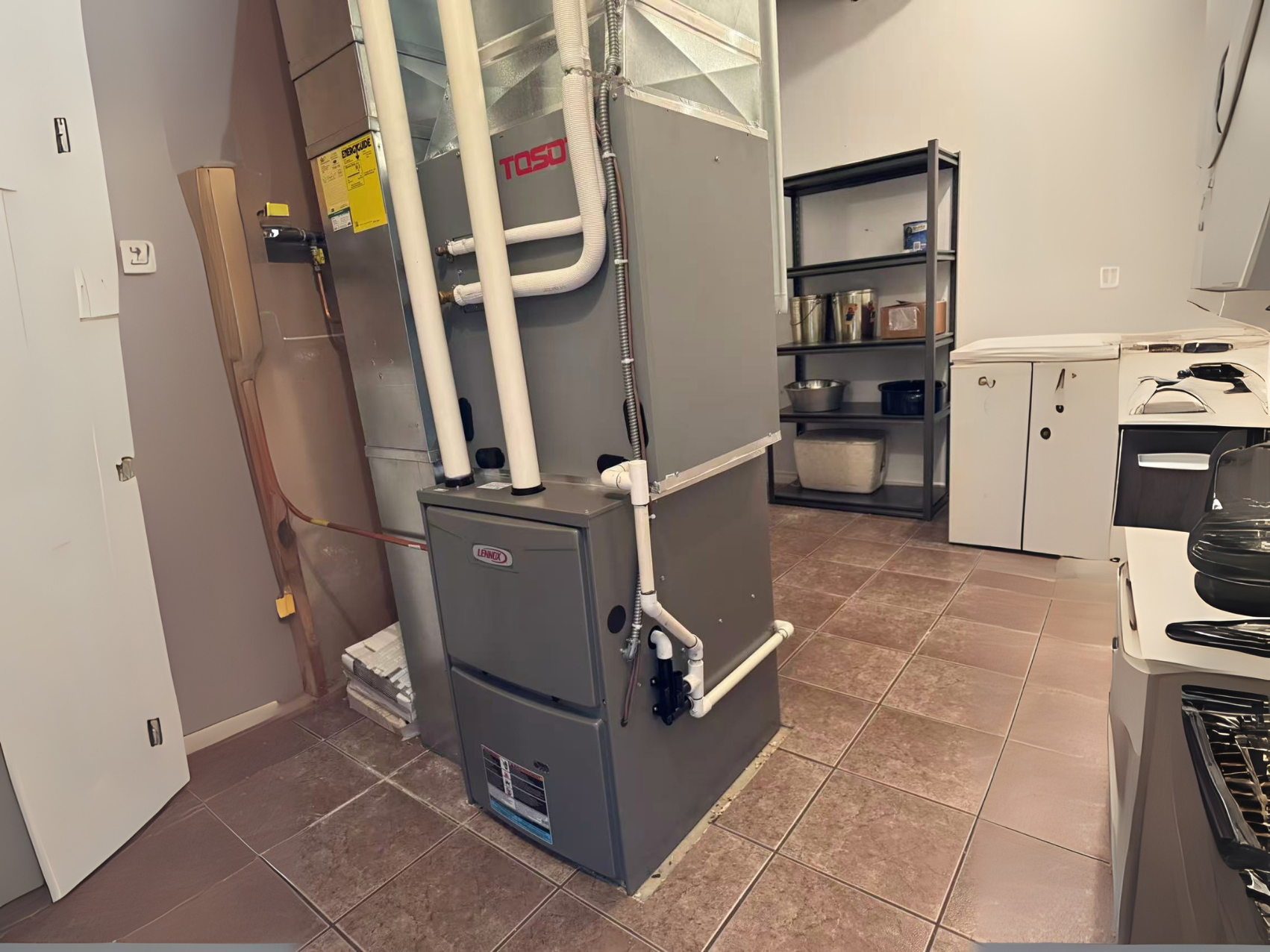
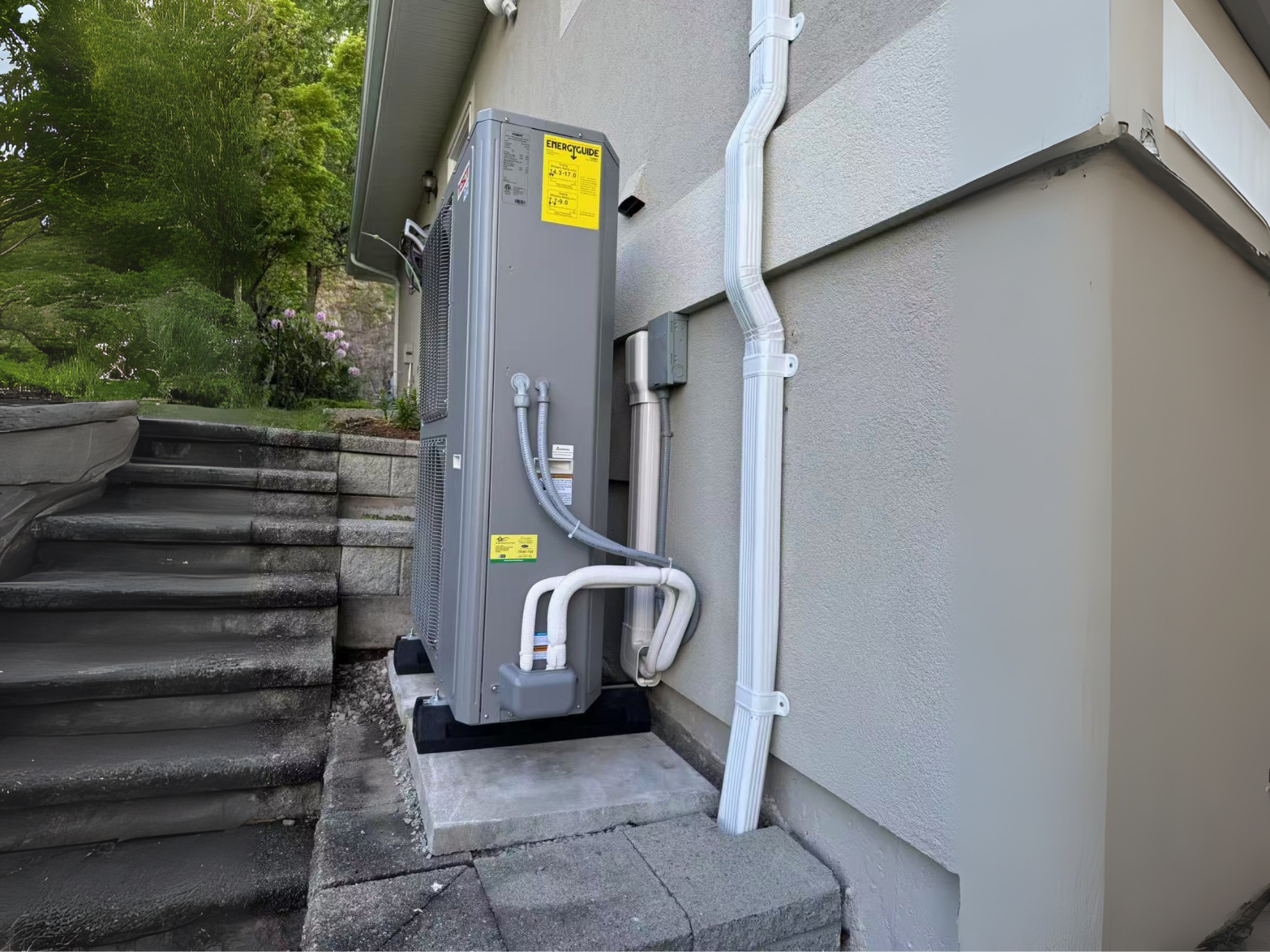
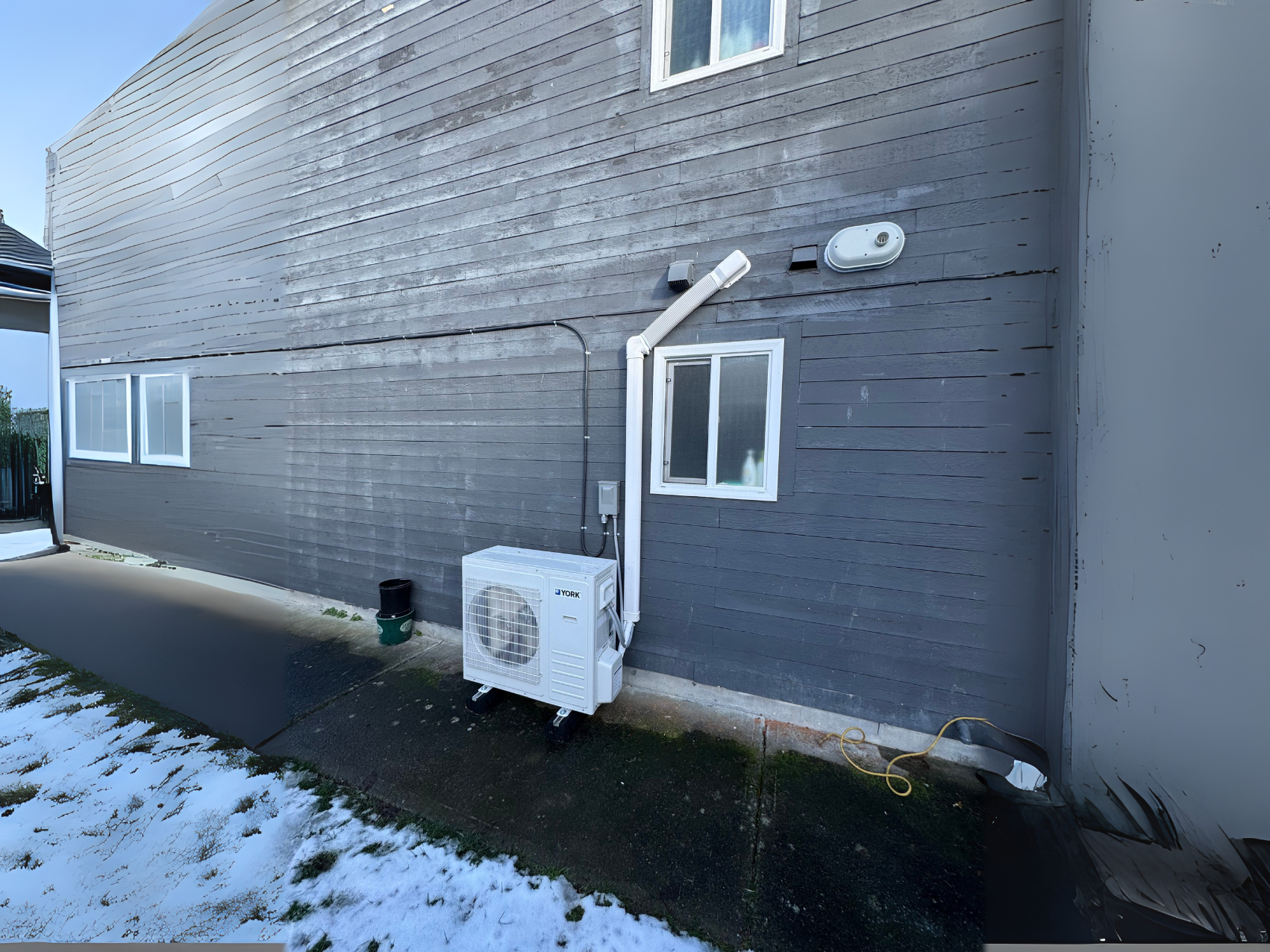
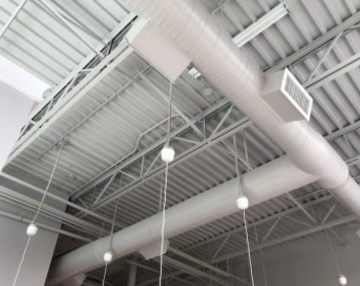
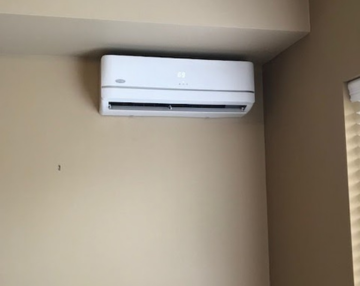
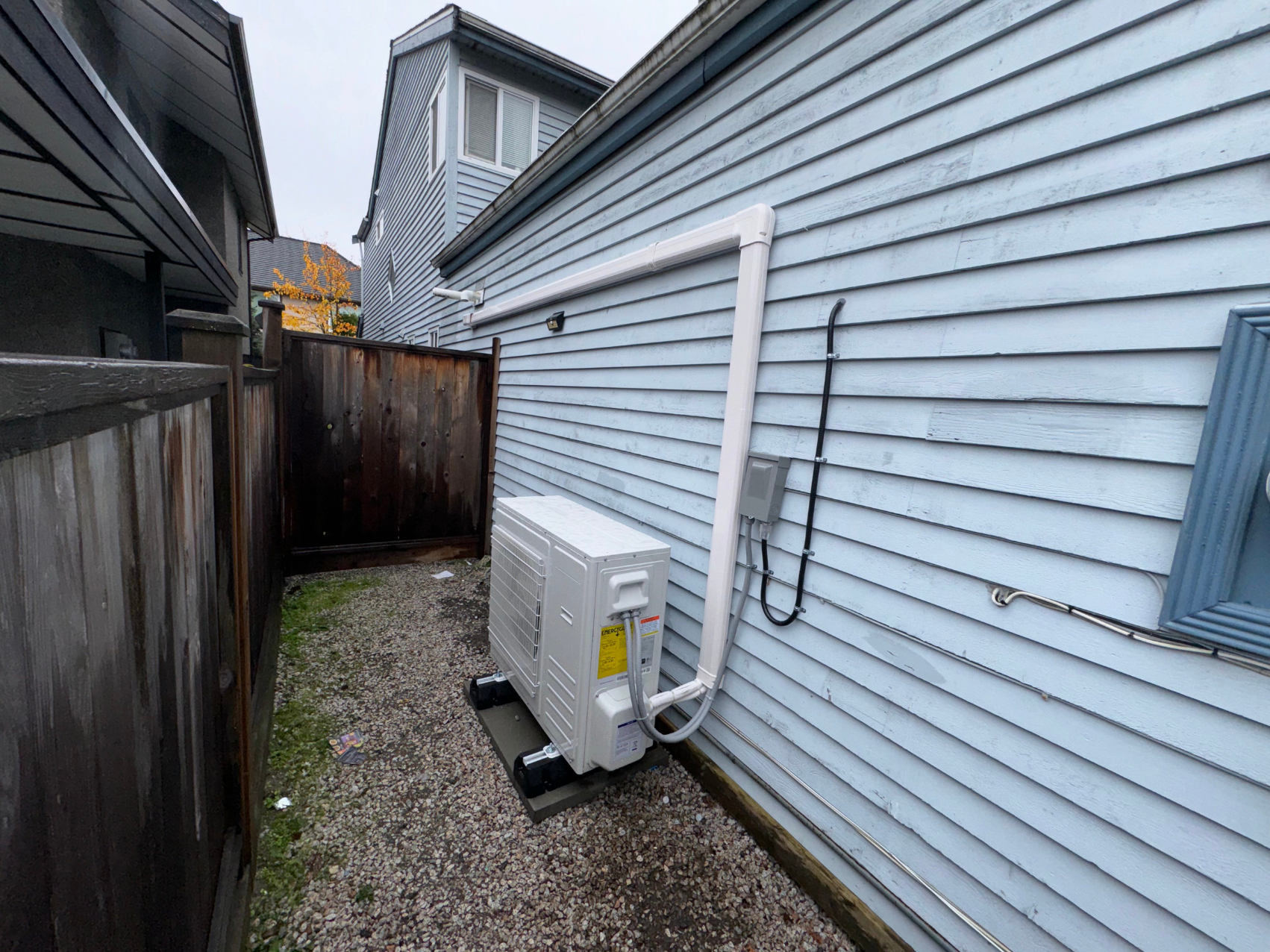
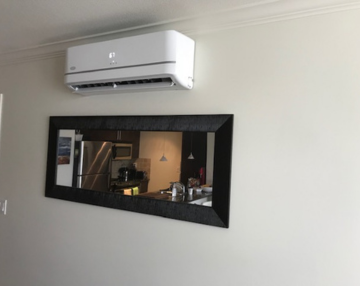
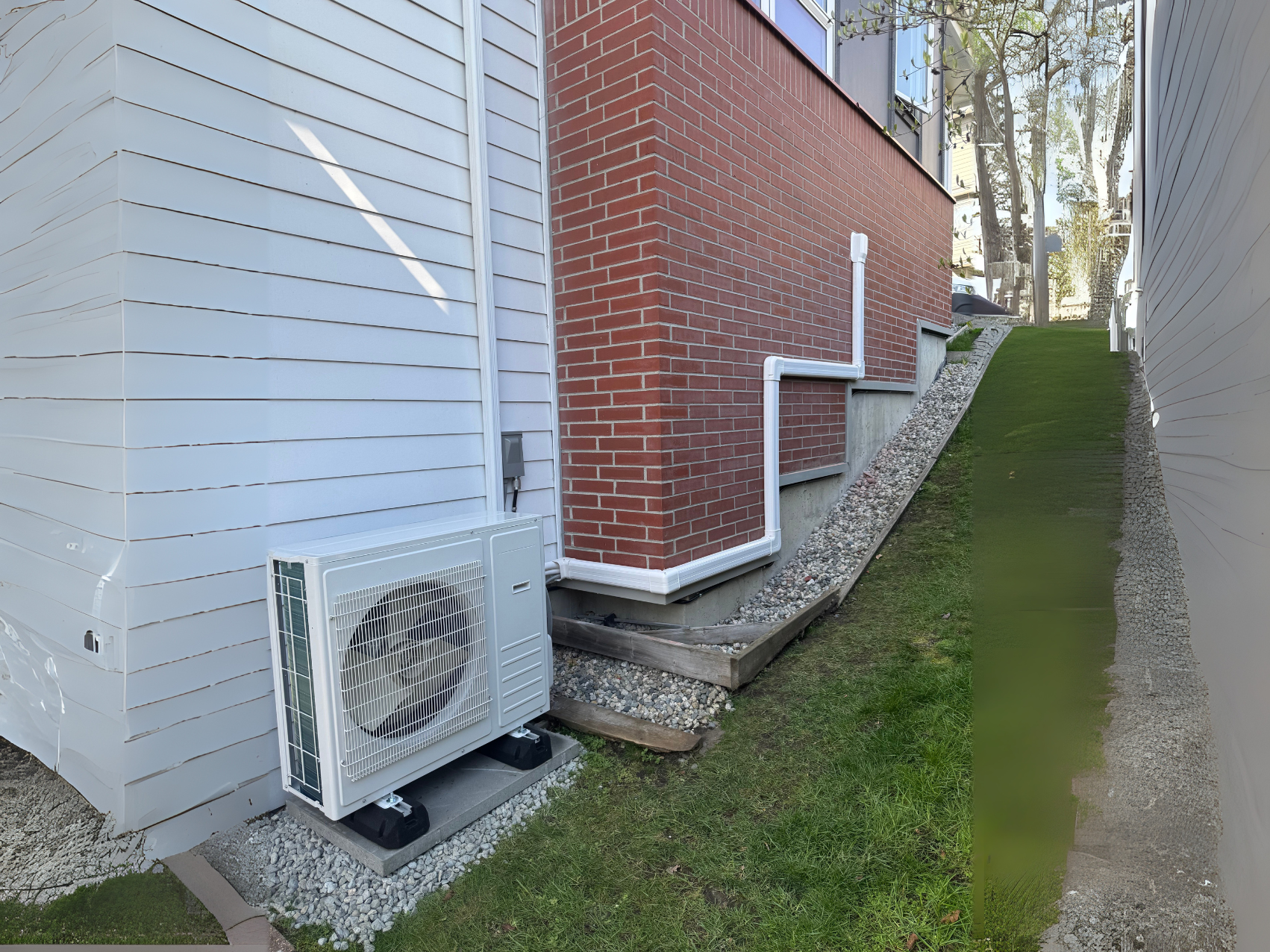
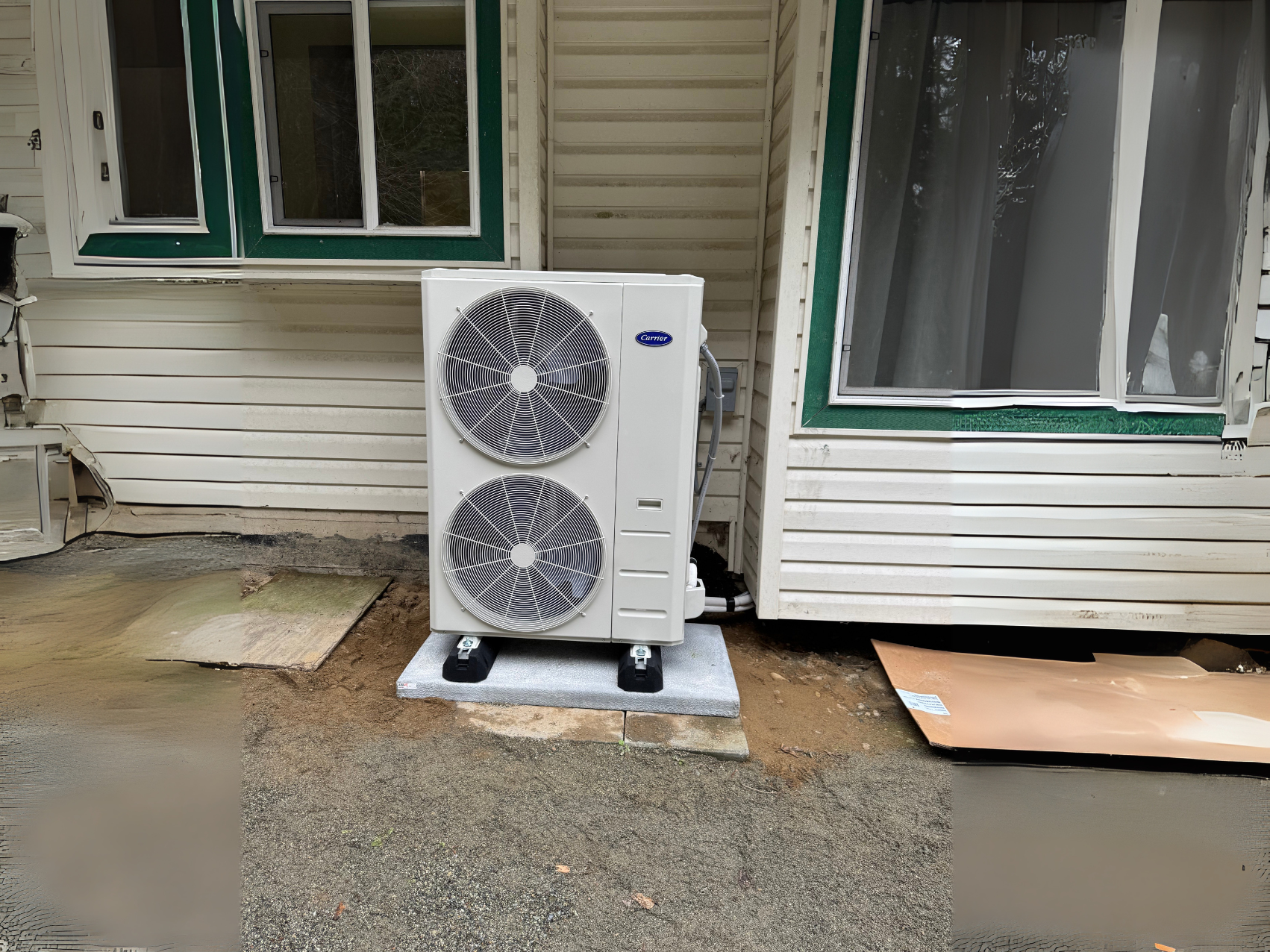

How often do you need to change HVAC filters
Maintaining your HVAC system is crucial to ensure it operates efficiently, and one of the simplest yet most important tasks is changing the HVAC filter regularly. But how often do you need to change HVAC filters? HVAC filters play a key role in maintaining indoor air quality, preventing dust, dirt, and other pollutants from circulating throughout your home. Regularly changing your HVAC filter can help extend the lifespan of your system and improve energy efficiency. Keep reading to learn more about how often do you change HVAC filters, and what you need to know to keep your system running at its best.
What is an Air Filter & How Does It Work?
An HVAC air filter is an essential component of your heating, ventilation, and air conditioning system, designed to trap airborne particles such as dust, pollen, pet dander, mold spores, and other pollutants. Its primary function is to improve indoor air quality by preventing these contaminants from circulating throughout your home.
By filtering out particles, the air filter ensures that your HVAC system only handles clean air, which helps protect the system from dirt and debris buildup. When the filter becomes clogged, it restricts airflow, forcing the system to work harder, which can lead to inefficient operation, higher energy bills, and potential damage to the unit.
Regularly replacing the HVAC filter is crucial to maintaining optimal performance, reducing energy consumption, and ensuring better air quality for your home.
How Often Do You Need to Change HVAC Filters?
The frequency of changing your HVAC filter depends on several key factors, such as the type of filter, the usage of your system, and the environment in which it operates. Typically, it's recommended to replace the filter every 30 to 90 days for optimal system performance. However, the ideal replacement interval may vary based on your unique circumstances.
For households with minimal dust and standard HVAC usage, replacing the filter every 90 days should suffice. If you have pets, live in a high-dust area, or experience pollution, more frequent filter changes—every 30 to 60 days—are advised to ensure proper airflow and air quality. Additionally, homes with allergy sufferers or individuals with respiratory issues may need to change the filter more often to trap allergens and maintain clean indoor air.
Regular inspections of your filter can help you determine the appropriate replacement schedule. A clogged or dirty filter restricts airflow, causing the HVAC system to work harder, leading to higher energy bills and potential damage. By replacing the filter at the right time, you can enhance energy efficiency, prolong the lifespan of your HVAC system, and ensure a healthier indoor environment. Always follow manufacturer guidelines for your specific HVAC system to maintain its performance and longevity.
What is the Best HVAC Air Filter to Buy?
Choosing the right HVAC filter for your system can greatly impact both its efficiency and the quality of air in your home. Filters come in different types and sizes, and it’s important to select one that suits your needs.
Fiberglass Filters
Fiberglass filters are the most common and budget-friendly option for HVAC systems. These filters capture larger particles like dust and dirt, preventing them from circulating through your home. While they are effective at trapping larger debris, they are less efficient at filtering smaller particles such as fine dust, pollen, or allergens. Fiberglass filters are ideal for basic air filtration needs, but may not be sufficient for homes with allergies or pets.
Pleated Filters
Pleated filters provide better air filtration compared to fiberglass filters due to their increased surface area. This allows them to capture smaller particles such as dust, pollen, and pet dander more effectively. Pleated filters are more efficient, making them a great choice for homes with pets or individuals who suffer from allergies. Though slightly more expensive than fiberglass filters, they offer superior performance and can last longer, offering better value in the long run.
HEPA Filters
HEPA filters are the most advanced and efficient option for air filtration. They are designed to trap tiny particles, including bacteria, mold spores, and dust mites, making them ideal for individuals with severe allergies or respiratory issues. HEPA filters provide the highest level of filtration, but they may not be compatible with all HVAC systems due to their dense design, which can restrict airflow. Always consult your HVAC system’s manufacturer to ensure compatibility before choosing a HEPA filter.
HVAC Filters and Seasonal Changes
Seasonal changes can significantly impact how often your HVAC filter needs to be changed. During winter, for example, when the heating system is used more often, filters may clog more quickly with dust and debris. In the summer months, air conditioning systems also work harder, leading to faster filter buildup.
How Often to Change HVAC Filter in Winter?
In winter, you may need to replace your HVAC filter every 45-60 days, as heating systems tend to circulate more dust and allergens due to dry air and increased use.
How Often to Change Furnace Filters in Winter?
Furnace filters should also be changed more frequently during winter to maintain airflow. Replacing them every 45-60 days is ideal to prevent your furnace from becoming overworked and inefficient.
In spring and fall, when HVAC systems are used less frequently, you may be able to stretch out the time between filter replacements. But it’s still a good idea to check the filter every month to ensure it’s in good condition.
How to Determine the Right Time to Change Your HVAC Filter?
Even if you aren’t sure how often you should change your HVAC filter, several signs can help you determine when it’s time for a replacement:
Visible Dirt and Debris
One of the easiest ways to determine if your HVAC filter needs replacing is by inspecting it for visible dirt and debris. If the filter appears clogged or covered with dust, it’s time to replace it. Regular visual checks can prevent airflow issues, ensuring your HVAC system operates efficiently. A dirty filter not only reduces system performance but also negatively impacts indoor air quality. Always inspect your filter monthly for optimal results.
Decreased Airflow
Decreased airflow from your HVAC system is a strong indicator that your filter may be clogged. When the filter becomes dirty, it restricts air circulation, forcing your system to work harder. If you notice weak or inconsistent airflow from your vents, it’s likely time to replace the filter. Regularly monitoring airflow ensures your HVAC system remains efficient and avoids unnecessary strain, which can lead to higher energy costs and potential breakdowns.
Unusual Noises
Unusual noises coming from your HVAC system, such as whistling, rattling, or a muffled sound, could signal a clogged filter. When the filter blocks airflow, it can cause the system to strain, leading to mechanical noises or a disruption in operation. If you notice any strange sounds, it’s important to check and replace the filter promptly. Addressing these issues early prevents system malfunctions and keeps your HVAC running smoothly and efficiently.
Increased Energy Bills
A dirty or clogged HVAC filter forces your system to work harder, increasing energy consumption. As airflow is restricted, the system uses more energy to heat or cool your home. If you notice a sudden spike in your energy bills, it could be due to a clogged filter. Replacing the filter regularly helps improve efficiency and lower your utility costs. Stay proactive by checking and replacing the filter to avoid unnecessary energy waste.
Allergy Symptoms
If you or your family members begin to experience allergy-like symptoms, it could be due to poor indoor air quality caused by a dirty HVAC filter. Filters trap allergens such as pollen, dust, and pet dander, and when they become clogged, they can no longer effectively purify the air. If you notice an increase in sneezing, coughing, or other allergy symptoms, it’s time to inspect and replace the filter for healthier indoor air quality.
Final Words
So, How often do you need to change HVAC filters? Typically, it’s recommended to replace filters every 30 to 90 days, depending on factors like filter type, system usage, and environmental conditions. Regular filter replacement is crucial for maintaining optimal air quality, improving HVAC efficiency, and extending the system's lifespan. Make sure to inspect your filter monthly and replace it when necessary, especially during high-use seasons such as winter and summer. By selecting the right filter and following a regular maintenance schedule, you can prevent costly repairs, reduce energy consumption, and ensure your home’s air stays clean and healthy. Proper care of your HVAC system leads to better performance, savings on energy bills, and improved indoor air quality.
FAQs
Q1: How do I know when my HVAC air filter needs to be replaced?
If the filter appears clogged with dust or if you notice decreased airflow from your vents, it’s time to change your filter. Regularly inspect your filter every 30 days to ensure optimal system performance.
Q2: What happens if the HVAC filter is not changed?
Failing to change your HVAC filter can lead to reduced airflow, higher energy consumption, and potential damage to the system. Over time, this can result in more expensive repairs and a shorter lifespan for your HVAC unit.
Q3: How often to change HVAC filter in winter?
During the winter months, when your HVAC system is running more frequently, it’s best to change the filter every 45-60 days to ensure optimal performance and air quality.
Q4: How often to change furnace filters in winter?
Furnace filters should be changed every 45-60 days in winter to maintain airflow and prevent strain on your system, ensuring it operates efficiently throughout the cold months.
Copyright © 2025 Ariana Heating & Air Conditioning Ltd. All rights reserved.






